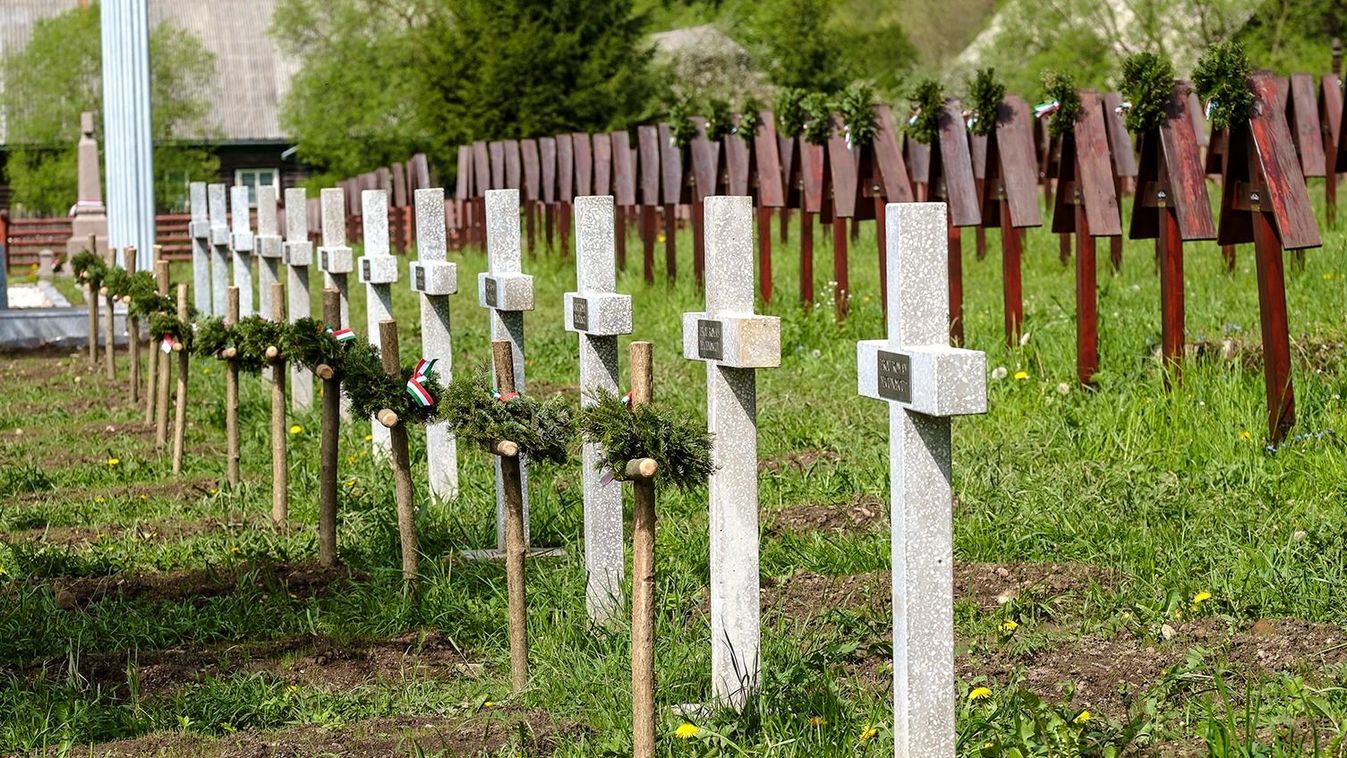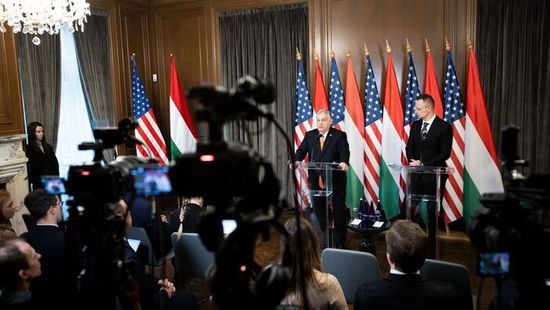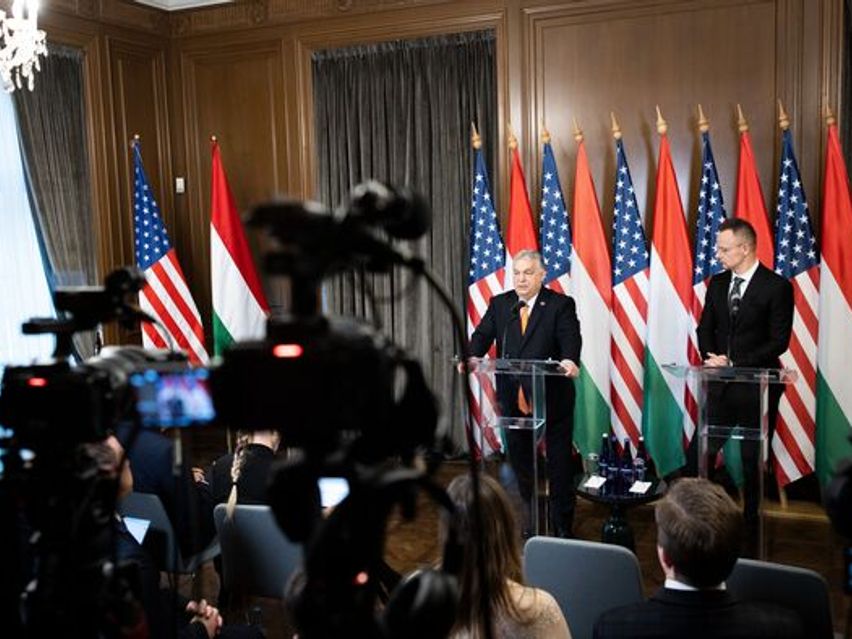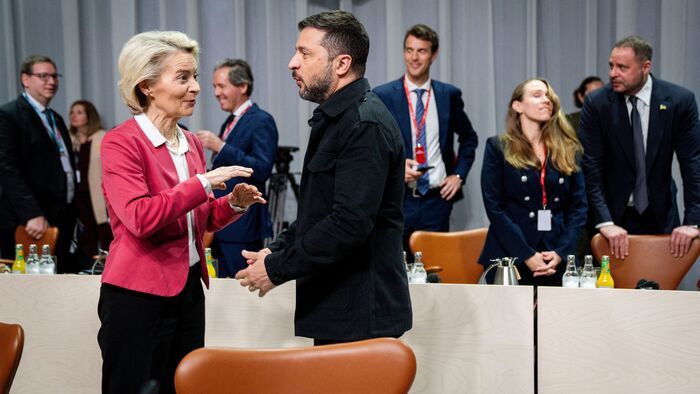The Romanian Foreign Ministry summoned the Hungarian ambassador in Bucharest on Monday to explain its earlier demand that Prime Minister Viktor Orban "show restraint" at the free summer camp in Balvanyos. In their view, he did not. I think he did.
The foreign ministry in Bucharest is rather upset, or at least pretends to be, because the Hungarian prime minister informed the audience about the Romanian demarche, which was conveyed to him orally through diplomatic channels. "The inappropriate public statements made on this occasion are not in line with the objective, which the Romanian side has consistently defended, of promoting constructive, pragmatic, good neighborly relations and cooperation between the two states," they complained.
In my opinion, what is not in line with 'constructive, pragmatic and good neighborly relations' is the fact that Romania wants to tell the Hungarian prime minister what and how he can and cannot talk about, what issues he can and cannot raise. Such demands are neither constructive nor good neighborly. On the contrary, they are infinitely disrespectful. To put it bluntly, they are insolent. But anyone who has studied, even superficially, the history of Romania, a 146-year-old state, will not be surprised. If only Romanian politicians were just insolent... But most of the time they are also unscrupulous and lacking in character. Let's recall some of their 'glorious acts' without attempting to be comprehensive.
During the Balkan wars, they attacked their ally Bulgaria from behind and were rewarded with three thousand square kilometers of Bulgarian land. Then, in the First World War, they betrayed the Austro-Hungarian monarchy by invading Transylvania in 1916, breaking the neutrality treaty. It happened despite the fact that the Romanian King Ferdinand I had previously given his word of honor that they would not attack us. The Hungarian prime minister, Istvan Tisza, foolishly believed him. Then Romanian Prime Minister Ion I.C. Bratianu made a secret treaty with the Entente powers, and in exchange for crazy territorial promises (Romania would receive all the territory of Hungary east of the Tisza river), he agreed that Romania would attack its ally from behind. On 27 August 1916, war was declared on the Austro-Hungarian monarchy, but Romanian troops, who had been lurking at the foot of the Carpathians for some time, had already moved against the mostly poorly guarded passes before the declaration of war.























Szóljon hozzá!
Jelenleg csak a hozzászólások egy kis részét látja. Hozzászóláshoz és a további kommentek megtekintéséhez lépjen be, vagy regisztráljon!